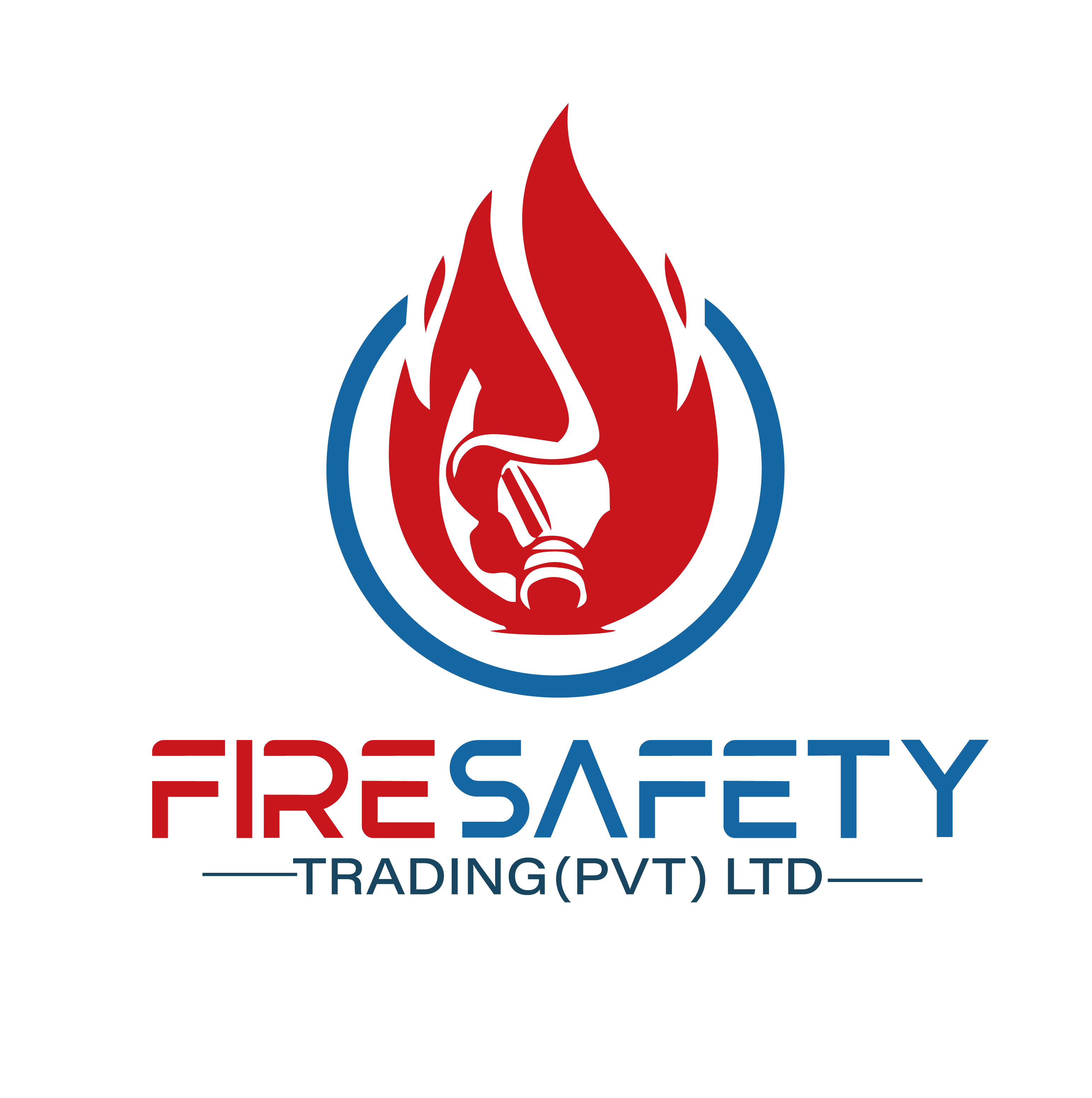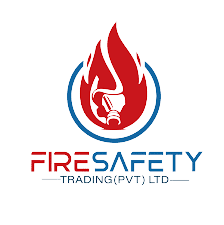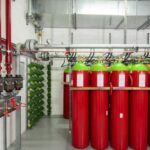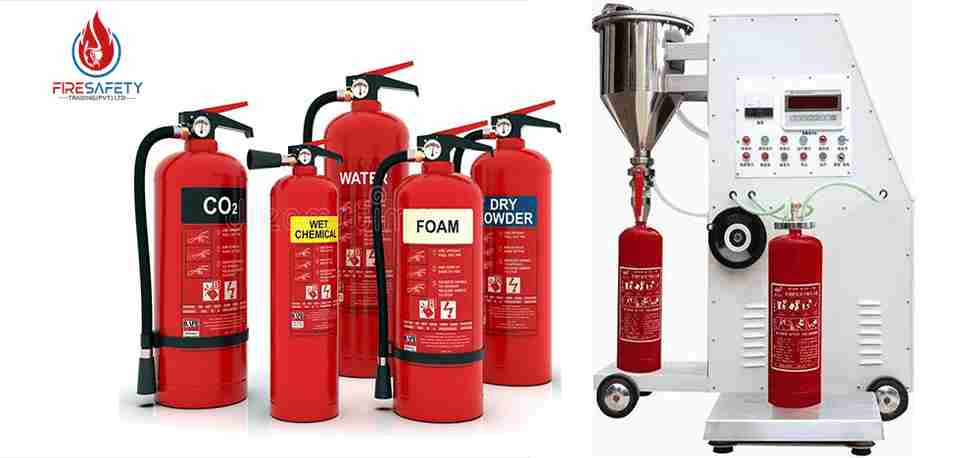Imagine a small fire breaking out in your office or home. In those crucial first minutes, the only thing standing between safety and disaster is often a fire extinguisher. But here’s the catch an extinguisher that is not refilled or maintained properly may fail when you need it most.
In Pakistan, fire safety awareness has grown in recent years, especially after several tragic incidents in factories, schools, and commercial centers. Fire extinguisher refilling in Pakistan is no longer just a formality; it is a life-saving necessity. This article explores the importance of refilling fire extinguishers, the process, costs, regulations, and where you can get reliable services across the country.
Why Fire Extinguisher Refilling Matters
A fire extinguisher is not a “one-time” investment. Once used, even partially, it needs to be refilled. Over time, extinguishers also lose pressure, chemicals can degrade, and seals may weaken. Refilling ensures they remain effective when emergencies strike.
Some key reasons refilling is essential in Pakistan:
-
Frequent fire incidents: From factory fires in Karachi to residential blazes in Lahore, fire-related accidents are reported almost every week.
-
Workplace safety laws: According to Pakistan’s labor and building safety regulations, commercial and industrial setups are required to keep extinguishers in working condition.
-
Peace of mind: Knowing your extinguisher is fully functional can save lives and property worth millions.
Understanding Fire Extinguishers in Pakistan
Types of Fire Extinguishers Commonly Used
Before discussing refilling, it’s important to know which type of extinguisher you have, as each requires specific refilling materials. In Pakistan, the most common types include:
-
Dry Chemical Powder (DCP) Extinguishers: Effective for general fires (Class A, B, C).
-
CO₂ Extinguishers: Suitable for electrical and flammable liquid fires.
-
Foam Extinguishers: Ideal for liquid-based fires (Class B).
-
Water Extinguishers: Best for paper, wood, and textile fires (Class A).
Each extinguisher type has a different refilling process, cost, and usage requirements.
Fire Extinguisher Refilling Process in Pakistan
Refilling should always be done by certified professionals, not through DIY methods. Here’s how the process typically works in Pakistan:
-
Inspection: Checking the extinguisher for damage, leaks, or expired labels.
-
Emptying: Removing leftover chemicals safely.
-
Cleaning & Servicing: Washing and preparing the cylinder for fresh filling.
-
Refilling: Adding the correct extinguishing agent (powder, CO₂, foam, or water).
-
Re-pressurizing: Ensuring proper gas pressure for effective discharge.
-
Testing & Sealing: Quality assurance through pressure tests and certification stickers.
Most companies recommend annual refilling or immediately after any use.
Cost of Fire Extinguisher Refilling in Pakistan
The cost varies depending on the size and type of extinguisher:
-
1 kg DCP extinguisher: PKR 500 – 800
-
2 kg CO₂ extinguisher: PKR 1,000 – 1,500
-
6 kg DCP extinguisher: PKR 1,500 – 2,500
-
12 kg and above: PKR 3,000+
Prices may differ slightly in cities like Karachi, Lahore, and Islamabad, depending on service providers and quality standards.
Where to Get Fire Extinguishers Refilled in Pakistan
Some popular and reliable service providers include:
-
Local Fire Safety Companies: Found in all major cities.
-
Civil Defence Certified Workshops: Government-approved refill centers.
-
Industrial Safety Suppliers: Provide refilling along with bulk extinguisher supply.
Always ensure that the company you choose follows ISO and Civil Defence standards for refilling.
Benefits of Regular Fire Extinguisher Refilling
Keeping your extinguishers up to date provides multiple advantages:
-
Guaranteed safety: Prevents malfunction during emergencies.
-
Regulatory compliance: Helps businesses avoid fines and legal issues.
-
Cost savings: Regular refilling is cheaper than replacing extinguishers.
-
Extended lifespan: Well-maintained extinguishers can last 10–15 years.
Common Mistakes to Avoid in Fire Extinguisher Maintenance
-
Ignoring expiry dates: Many extinguishers in Pakistan are outdated and unsafe.
-
DIY refilling: Unsafe, as incorrect pressure or chemicals may cause explosions.
-
Storing in poor conditions: Extreme heat or moisture reduces effectiveness.
-
Not training staff : Even with refilled extinguishers, untrained staff may panic.
Practical Tips for Fire Safety in Pakistan
-
Schedule annual inspections with certified companies.
-
Label refill dates clearly for quick reference.
-
Train employees and family members on how to use extinguishers.
-
Install multiple extinguishers in high-risk areas (kitchens, factories, workshops).
-
Keep a fire safety kit including blankets, alarms, and emergency contacts.
Challenges in Pakistan’s Fire Safety Practices
Despite growing awareness, Pakistan faces certain challenges:
-
Low awareness: Many households still don’t own fire extinguishers.
-
Fake or substandard refilling services: Some providers use poor-quality chemicals.
-
Weak enforcement of laws: Many workplaces lack proper fire safety audits.
Addressing these challenges requires stricter government policies and better public education.
Conclusion
Fire extinguisher refilling in Pakistan is not just a routine task it is a vital step toward protecting lives, homes, and businesses from devastating fires. Regular maintenance, professional refilling, and staff training can make the difference between a minor incident and a major tragedy.
If you own or manage a property in Pakistan, take action today: check your fire extinguishers, schedule a refill, and train your people. Fire safety is not an expense it’s an investment in life.




